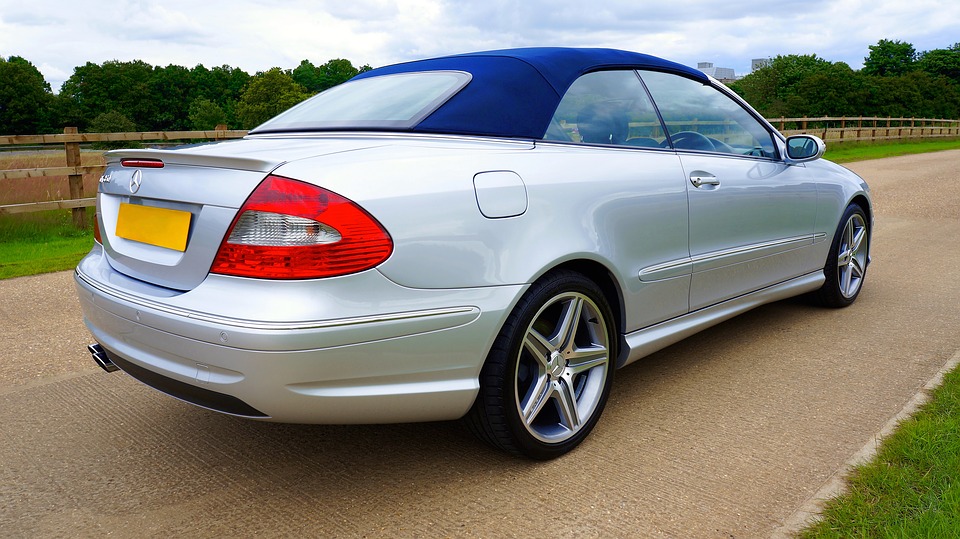When it comes to planning for our retirements, most of us have a pretty in-depth idea of what we’d like to do. A move abroad is top of the list for some. Others prefer the thought of a series of holidays interspersed with time at home, offering the opportunity to top up your tan as well as spend time with family. Still more have a hobby or interest that they’d like to pursue, one that working life has never given them time to enjoy.
What is universal amongst those reaching retirement age, however, is that no one dreams of living life on a budget. Unfortunately, relying on a state pension provides little opportunity to enjoy anything but the most frugal of lifestyles. That’s why an increasing number of people are turning to self-invested personal pensions (SIPPs) as the answer to their problems.
If you’re considering whether a SIPP could be the ideal retirement option for you, then here are just three of the advantages you might like to know about…
SIPPs are Flexible
Unlike standard personal pension plans, which offer only a limited range of investments to choose from, SIPPs are incredibly flexible. They place the power to decide exactly where your money goes in your hands, meaning that you are solely responsible for how much risk you’d like to take and how much money you could make. Even better, this flexibility extends to when and how you’d like to use the capital that you manage to accumulate.
SIPPs Place You in Control of Your Own Future
As we mentioned above, SIPPs are highly flexible, and this means that it’s down to you to decide where to invest your funds. As a result, you’re responsible for determining the level of risk you run and the eventual sum that you accumulate, which means that responsibility for your future is solely in your hands.
SIPPs Offer Multiple Tax Benefits
Another major advantage of choosing SIPPs over other pension options is the numerous tax benefits that are attached to them. Chief amongst these is tax relief. For basic rate taxpayers, this relief is set at a generous 20 per cent, meaning that if you were to invest £8,000, the government would add an additional £2,000 to your fund in return. For higher and additional rate taxpayers, this is even more appealing, as the rate is set at 40 and 45 per cent respectively. Additionally, you’re not liable to pay income or capital gains tax on the money you save, and in some circumstances it can be passed on to your heirs tax-free.
If you’re looking ahead to your future, could a SIPP be of benefit to you?









